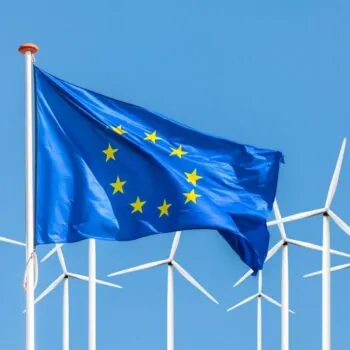Today, the Greens/EFA Group in the European Parliament is publishing the first results of a commissioned study on the EU's environment and energy state aid guidelines undertaken by the think tank E3G. The results, presented via a briefing paper, come at an important time when the European Commission is preparing to reform the EU State aid laws and procedures for the period 2014-20.
E3G’s study demonstrates how the reform of state aid rules provides an opportunity for the EU to deliver its 2020 strategy effectively: state aid control, one of the most powerful levers the European Commission has at its disposal to enforce the single market principles, can and must help create new markets for smart technologies, demand reduction and cross-border cooperation.
Reinhard Bütikofer, industrial policy spokesperson for the Greens/EFA Group in the European Parliament comments:
The EU's review of the state aid guidelines must ensure that they end up singing from the same hymn sheet as the Europe 2020 strategy. This study makes a valuable contribution, providing clear proposals on how to bring the guidelines in line with Europe's medium to long-term energy and climate targets.
Most important would be creating a block exemption for all energy efficiency schemes within the Member States' Energy Efficiency Action Plans as well as making state aid compatible with renewable energy support incentives as part of a clear renewables strategy.
Current deliberations on limiting state aid for renewables and paving the way for nuclear subsidies are not in line with the strategic goals the European Union has set and would push the state aid guidelines out of kilter.
Nick Mabey, CEO of E3G added:
State Aid regulation must not discourage effective investment in the ecological transformation of the European economy. Solving climate change will require more government intervention in markets. If State Aid policy tries to micro-manage this process it will be overwhelmed, resulting in delays which will raise costs to consumers and slow European growth.
Radically simplifying the State Aid rules for major energy efficiency schemes will encourage Member States to allocate funds to investments which lower bills, create jobs and reduce EU exposure to global oil prices.
The revision of State Aid guidelines should also actively encourage the creation of vibrant new markets in electricity demand reduction, renewable energy and resource efficiency. State Aid rules should focus on reducing the power of incumbent fossil fuel dependent businesses rather than seeking to impose arbitrary disciplines on technology support mechanisms for renewable energy.


